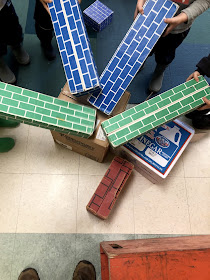Why the Coronavirus Pandemic Could Weaken the School Privatization Agenda
The COVID-19 crisis reveals the true intentions of people,” Kathleen Oropeza told me during a phone call. Oropeza is a public school mom in Orlando and founder of Fund Education Now, a non-partisan grassroots effort to advocate for public education in Florida.
Her remark was in the context of concerns about how state officials were governing schools as the coronavirus was spreading across the state and generating fears of how the disease would affect schools and families.
Days after the first victims tested positive in the state and the first deaths were reported, Florida lawmakers in the House seemed oblivious to the impending crisis and instead passed new legislation to expand the state’s voucher program, thus diverting an additional $200 million from the state’s public schools.
The bill passed despite evidence that many of the private schools that would receive the voucher money openly discriminate against LGBTQ children and families, are not required to hire certified teachers, and generally provide a subpar education.
When Florida schools extended their spring breaks to slow the mounting epidemic, Oropeza received a tip from an anonymous trusted source that state Education Commissioner Richard Corcoran had called local school superintendents to urge them to restart schools March 30, primarily so school leaders could prepare for state-required standardized tests scheduled to begin April 1. According to Oropeza’s source, Corcoran made it clear the state considers test scores necessary for policy-making even if the scores would be much lower due to school schedule disruptions.
Oropeza and her fellow activists also noticed a “blitz” of new marketing pitches from online education providers, most of whom operate for-profit. The fear she and others had is that tests CONTINUE READING: Why the Coronavirus Pandemic Could Weaken the School Privatization Agenda - LA Progressive



















